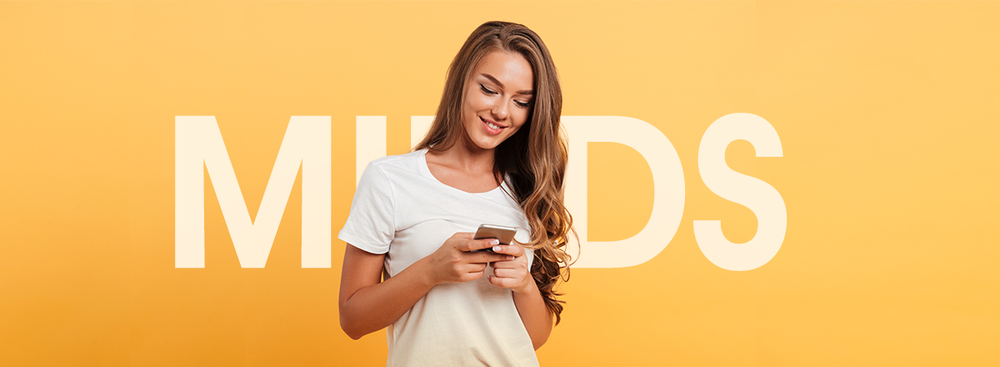The social network Minds was founded in 2011 and launched to the public in June 2015. However, people seem to have been actively talking about it again lately, since many Facebook users have recently switched to Minds, dissatisfied with the policy of the social media platform.
People used to call Minds "anti-Facebook": it is an open-source platform, all user data is encrypted, no annoying ads slip between friends' posts, and there is no censorship at all. But the most important thing is that Minds gives users tokens for signing up, writing posts, and other activities. Minds tokens are the social network’s own cryptocurrency based on Etherium. You can then spend them on promoting your posts or paid content, or you can transfer them as real money to a bank account.
Anti-Facebook with dislikes
Minds has a mobile app, but it disappears from the App Store from time to time. Some say that Minds will have the same fate as the small social network called Parler. After Twitter and Facebook accounts of Donald Trump were suspended, his supporters switched to Parler. Then Amazon terminated its hosting, and Apple and Google removed the application from their app stores.
The Minds app for Android on Google Play is still there, but just in case, you can download it from the social network’s website. The interface of Minds really resembles that of Facebook.
Approval on Minds can be expressed with just one thumb-up button. Therefore, it is not clear how to react, for example, to posts about tragedies, when it seems cynical to like them. But Minds not only has likes, but also dislikes, although only the author of the post sees users who liked or disliked it.
You can and you can’t
Minds has a special section that includes all posts that you better not look at in a crowded place: photos of naked people or posts related to racism – all this is not prohibited here. Moreover, you can show your nudes only to those who pay for them, like on Patreon or OnlyFans. Minds did a great job hiding such content.
However, you can report spam or offensive content. After that, the post will go to moderation, but not to the social network employees, like on Facebook or Twitter, but to the “jury.” Minds will randomly select 12 people from among its active users and ask them to evaluate whether the complaint was justified.
Sounds great, but this system has its drawbacks. The alt-right – American right-wing supporters – have long chosen Minds. They may moderate a post that promotes hatred or racism, which means that it will remain on the vastness of the social network.
“If I had a dollar for every time I like something…”
Unlike Facebook, Minds has no ads, but you can give your posts a paid boost. By the way, such posts cannot be targeted to a specific user group. You can pay for advertising with tokens, which you can either earn or buy on Minds: a thousand tokens will cost one dollar. For each token, the post will simply be shown to a random thousand people in the feed. So far, there are very few posts with a boost, and posts from Minds about the social network itself mostly pop up in the feed.
In general, a lot hinges on tokens on Minds. First of all, people are encouraged to use the social network with their help: you get a token once you sign up or invite a friend via a referral link. You can also earn tokens for activity – posts, reactions, comments – and finding vulnerabilities in open source.
You can spend them by delighting the creator of the content you like. To do this, use the Tip button that each post has. It is not worth signing up with Minds if you want to make a lot of money. There are no stories of when someone got rich on Minds thanks to shitposting, constant comments, and bombarding other users with likes.
Instead, the social network will ask you to pay for a subscription with additional features. It costs $5 or $40, depending on the capabilities provided. For instance, paid users can see more content and receive a verification badge, like a checkmark badge on Instagram. So you should not hope to become rich with Minds.













